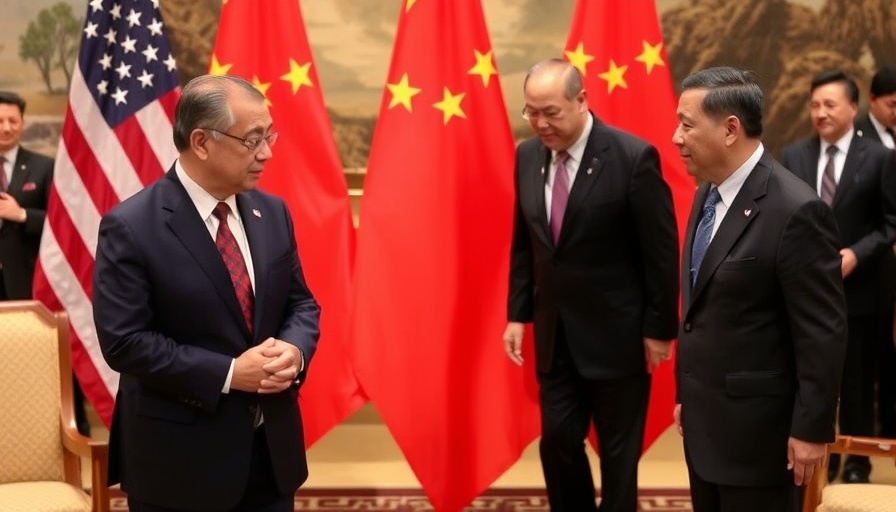
US Senators' Concerns over Ruto's China Ties
As Kenya's President William Ruto returns from a pivotal visit to China, US senators are questioning the implications of his remarks and the trajectory of Kenya's foreign policy. During his time in Beijing, Ruto referred to Kenya and China as 'co-architects of a new world order,' a declaration that has sparked apprehensions among US lawmakers concerning Kenya’s allegiance to traditional Western powers.
Shifting Alliances and Global Trade Dynamics
Senator Jim Risch, the chairman of the US Senate Foreign Relations Committee, articulated his concerns during a recent Senate hearing, emphasizing that such statements indicate a deeper alignment with Beijing. He cautions that this relationship could lead to a reevaluation of the US's strategic engagement with Kenya. Risch's remarks come in the wake of a significant trade and investment agreement signed during Ruto's state visit, spotlighting a potential shift in regional power dynamics.
Implications for Kenya's International Relations
The geopolitical landscape is evolving rapidly, with Kenya navigating its position in a world increasingly influenced by competing superpowers. Ruto's commitment to learn from China's governance and economic strategies raises questions about the future of Kenya's strong ties with the US, one of its largest export markets. The senator's warning reflects a growing concern that Kenya's pivot toward China may alienate it from the West, particularly at a time when the US has designated it a major non-NATO ally.
The Bigger Picture: Trade Wars and Economic Aspirations
During his address at Beijing’s Peking University, Ruto described the UN Security Council as 'broken and dysfunctional,' suggesting a radical reassessment of global institutions that majorly impact African nations. This rhetoric echoes the sentiments of many African leaders who advocate for reforms in the international economic order, which they feel often disadvantages developing countries. With China pledging hundreds of millions in support for various Kenyan sectors, including health and education, Ruto's strategy appears to be aimed at securing essential resources for Kenya’s development amidst growing global trade tensions.
Conclusion: The Path Forward for Africa's Alliances
As Kenya seeks to redefine its role in the global arena, business leaders and investors must closely monitor these evolving dynamics. The diplomatic shifts represent not just a political realignment but also potential opportunities for collaboration in diverse sectors. Understanding these changes will be crucial for those engaging with Africa's emerging markets, as geopolitical realities increasingly influence economic partnerships and strategies.
 Add Row
Add Row  Add
Add 


 Add Row
Add Row  Add
Add 

Write A Comment